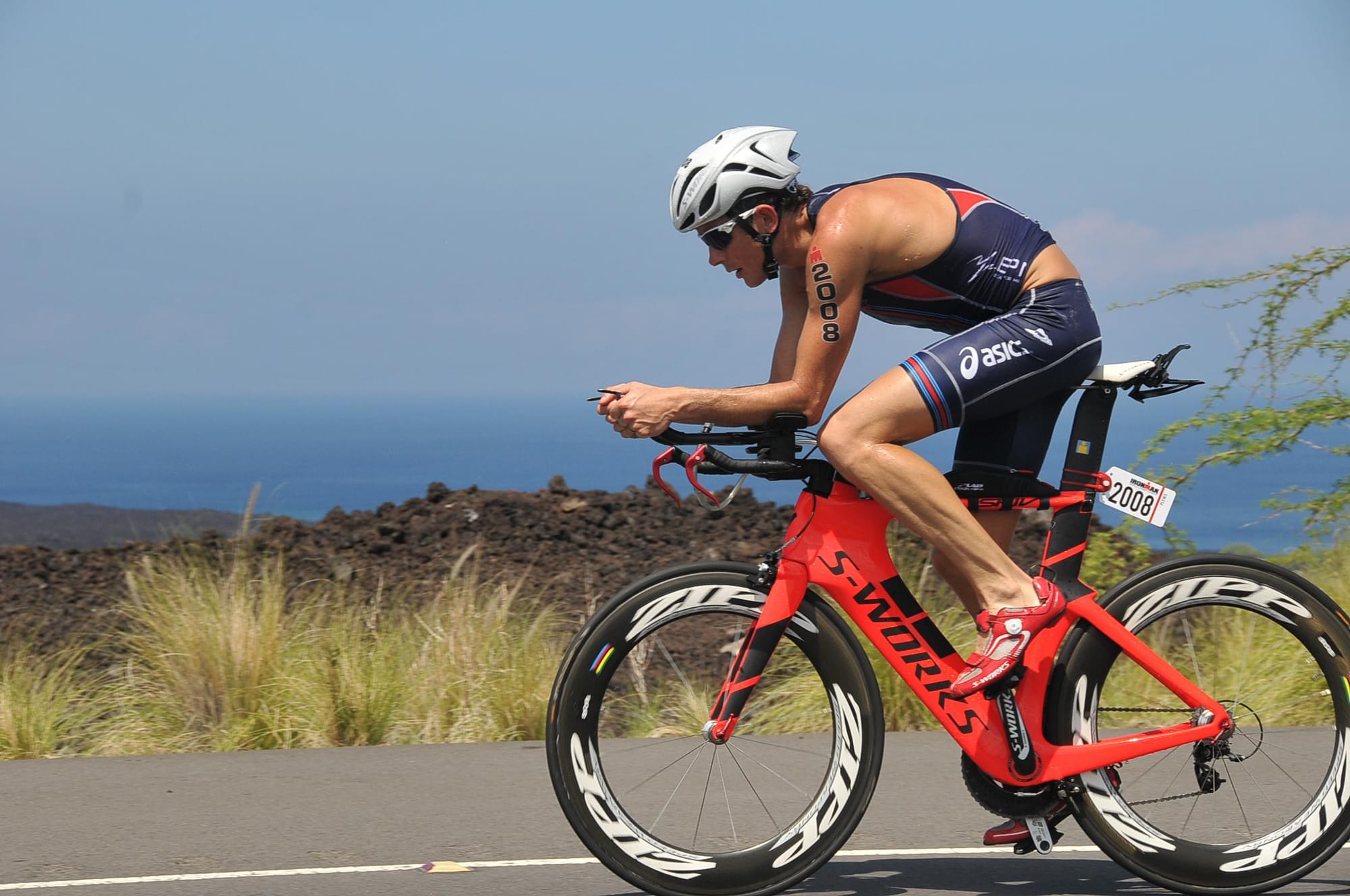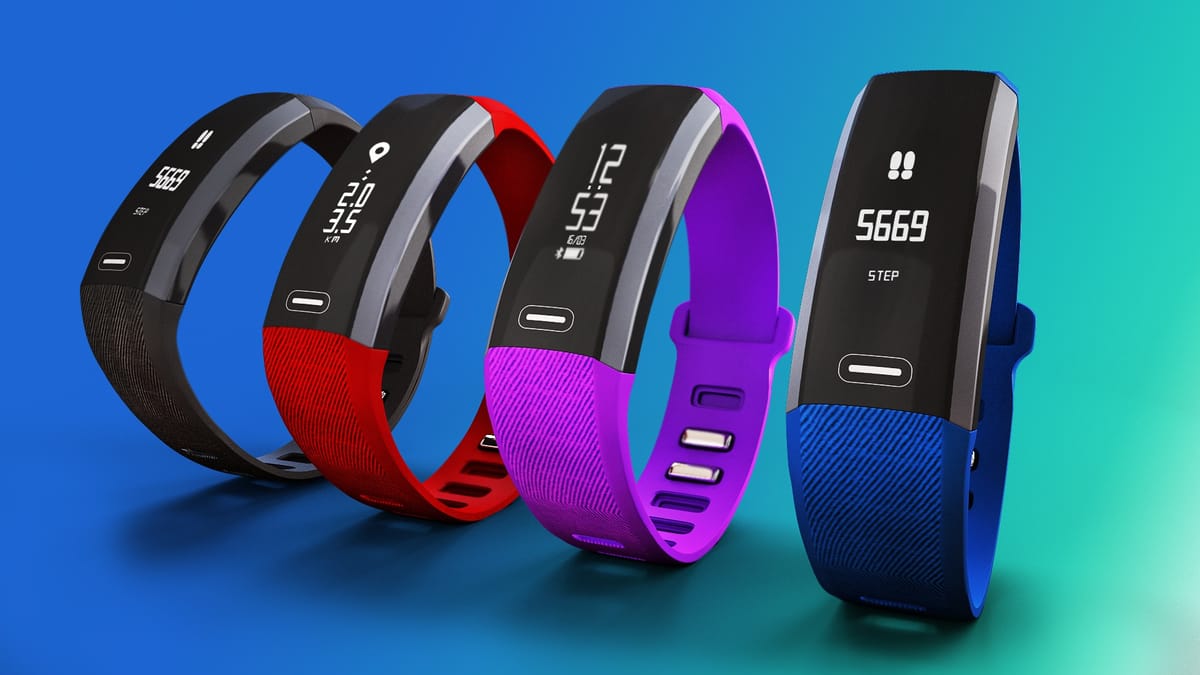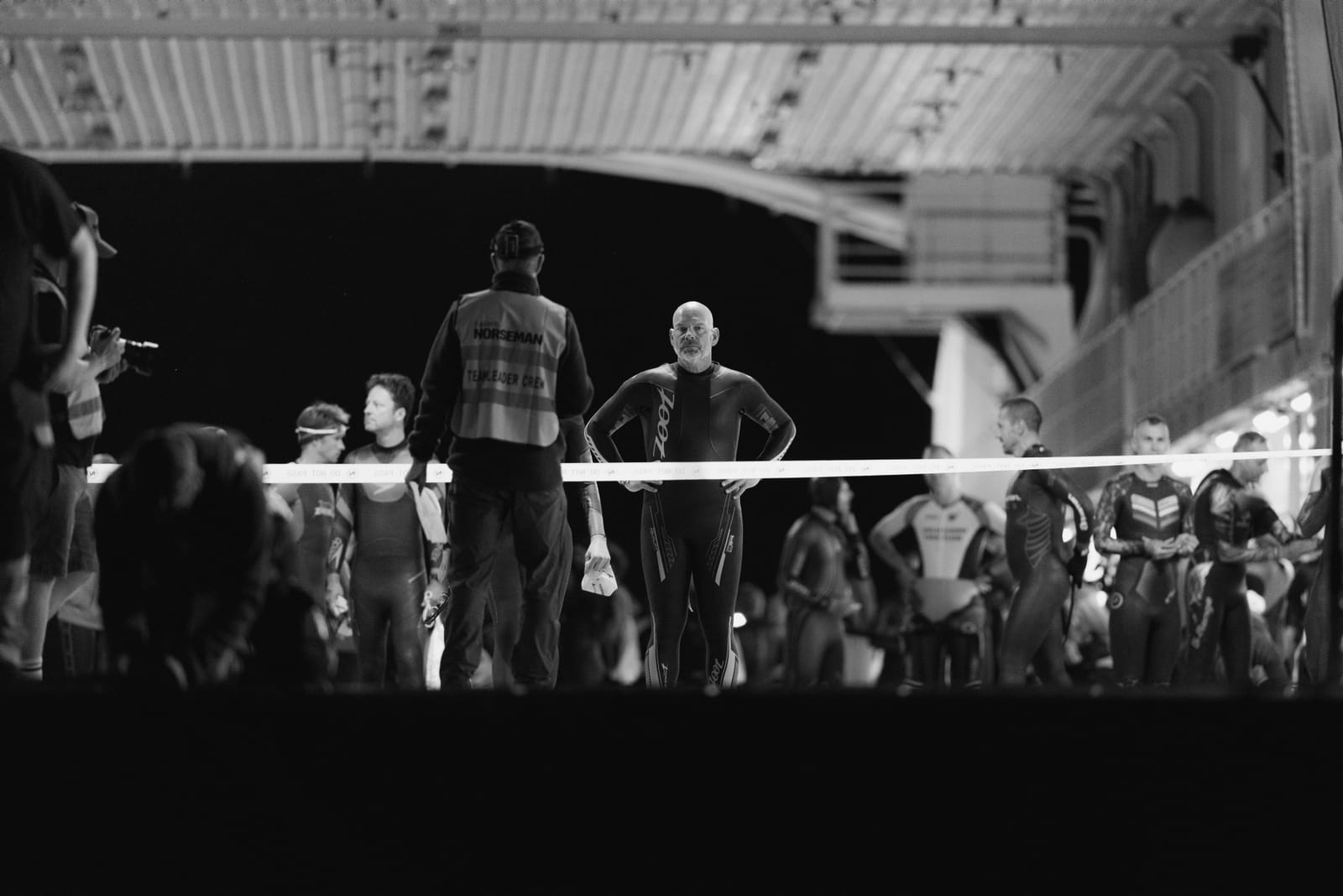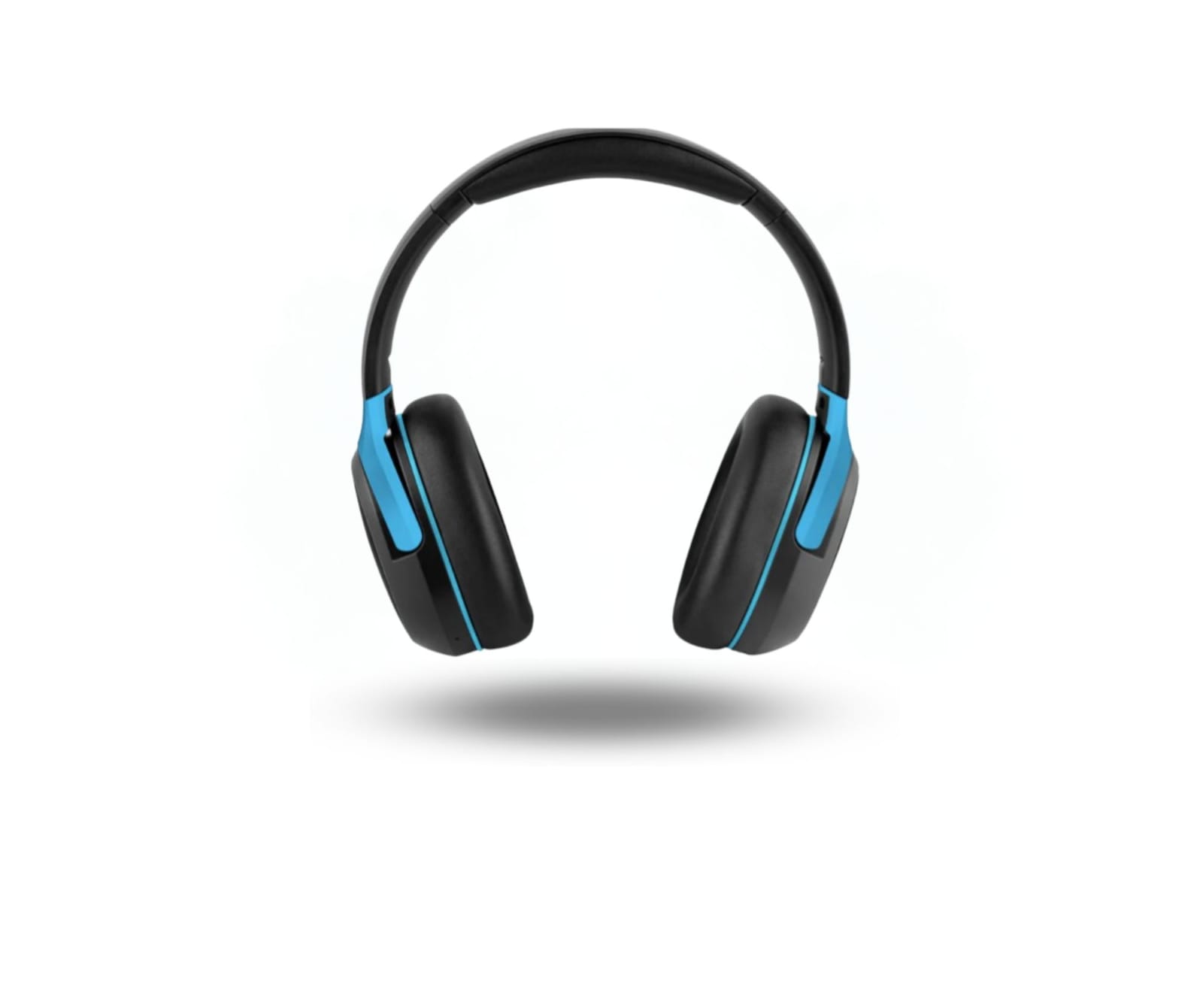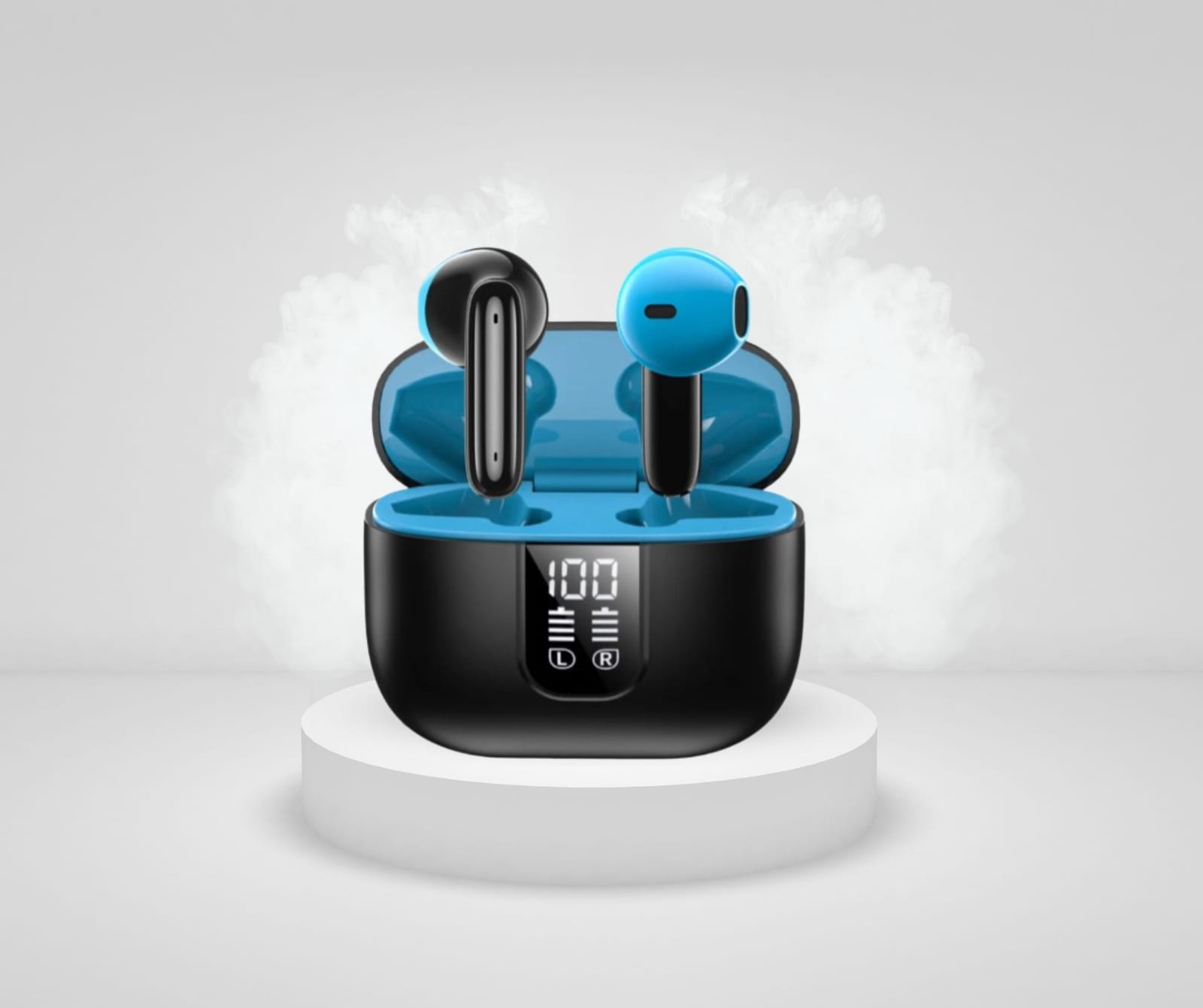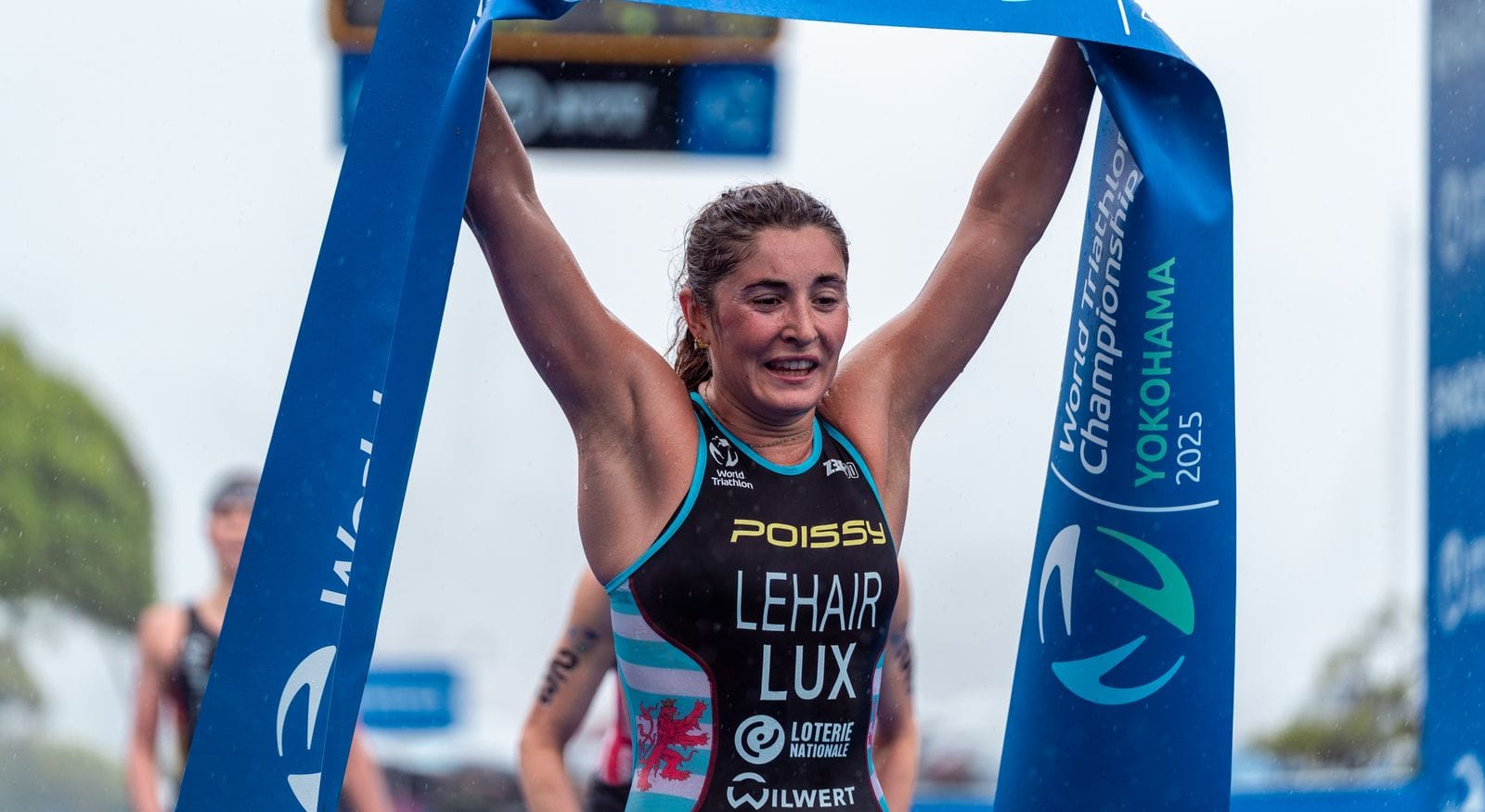Dan Plews is a world-class coach plus an age group Ironman athlete who rocketed ahead of many pros at the Ironman NZ in Taupo. Trizone caught up with Plews to see how he managed such a phenomenal result on March 4th.
“It’s quite a big commitment to do an Ironman every year, so I try to do them every two years,” Dan Plews told Trizone. As a full-time triathlon and rowing coach, plus commitments to researching performance with Prof. Paul Larsen, Plews is a busy man. “I knew Rio would be a big year with the rowers, so I’d always planned to do Ironman in 2017, so I was ready. I started preparing in October 2016.”
Plews knows the difference between exercise and training
“I’m always exercising, but when I start training I have a specific goal in mind. That makes me more regimented about training and preparation,” said Plews. “I try to keep myself in the ‘train to compete’ range so I don’t have a huge margin to make up when an event rolls around.”
As one of the world’s best coaches, you may be surprised to hear Plews has a coach. “I have someone who helps me along the journey, Gordon Walker. He was awarded Halberg coach of the year last year.”
It’s because of his coaching experience, not despite it, that makes Plews understand the need for someone like Walker. “If I coach myself, I often just do what I enjoy doing, not what I need to do. Sometimes you need someone to push yourself more than you’d like.”
This push helps Plews power through fatigue, as he did at the Tauranga 70.3 in January. “I did a big build before it, and I did it tired. [Walker] pushed me to do it, I wouldn’t have done it without him. Plus two brains are always better than one,” Plews told Trizone.
Self coaching yes or no?
If even the best coaches need coaches, we were wondering what Plews thought about the pros who coach themselves. “In my opinion, no one should be self coaching,” said Dan Plews. “Triathlon is such a trainable sport, you really need someone on the outside giving you feedback.”
Age group preparation for Ironman NZ 2017
Sure Plews is a coach of plenty of famous pros, but he’s also an age grouper, albeit a very good one. “I did an average of 20 hours of training every week, give or take a few. On a big week I’d do 25,” said Plews.
As an age grouper, Plews understands life goes on outside of training, so sometimes you need to change your program to suit your daily schedule. “Four weeks before IM NZ I was travelling to Australia so I didn’t ride my bike at all, but that’s one of the perils of an age grouper. I wasn’t going to miss my trip to Australia,” said Dan. “It’s important to fit training around your schedule, not fit your schedule around the training. Sometimes you don’t have any choice.”
Despite the ability to be flexible, Dan Plews’ training program was intense in the lead up to the notoriously tough Ironman event that includes a terrifying 1000m elevation on the bike and rough road surfaces.
Dan Plews’ training schedule before IM NZ
RUN
– Run 4 times a week (50-70km)
– 2 quality sessions on Tuesday & Thursday
– Run off the bike on Saturday
– Long run on Sunday (longest run 35km)
“If it was a run-focused week I’d run 95km in that week,” said Dan Plews. “Sometimes my week would focus on cycling four times a week instead.”
The ability to modify his training depending on need is thanks to Plews’ passion for data, and he measures absolutely everything. “I track it all; heart rate, power, pace, all of it. I knew my swim, bike and run were getting the best results they ever had leading up to the race.”
Goals vs. on the day demands
Dan Plews had his sights set on the course record leading up to race day, but after waking up and seeing Lake Taupo as wavy as the sea, he knew it wouldn’t be an option. “All the technique I was practicing in the pool went out the window and I thrashed around for 3.8km. I was about three minutes slower than I’d hoped but everyone was,” Plews remembers.
“I was watching my heart rate and power on the bike, and they were almost identical each lap: 260 watts.” Despite the poor road conditions and wind, Plews enjoyed the bike leg. “You can get so beaten when conditions are like that, but it’s so important to stay positive,” said Dan. “My Dad was out riding his bike on the course and when I’d go past him we’d have a chat and a laugh, that was pretty great,” said Plews.
Plews says expectations of yourself on race day should be inline with your training. “You have to realise the person who’s done all the training is the same person on race day. Some people get to race day and think they can do things they haven’t done in training,” Plews told Trizone.
Age group vs. Pro is about the competition
“We don’t really race each other as age groupers compared to pros. On race day, it’s very much your own day, and you sit within your zone and do what you’re capable of,” said Plews.
Carbohydrates aren’t king for Dan Plews
Dan Plews’ performance is very refined thanks to his time in the lab. “I know at 260 watts; 67% of my energy is coming from fat not carbs. That means my need for a high carb intake isn’t very great, so I don’t need to be eating tons of gels.”
Understanding he can race fiercely without swallowing excessive carbohydrates is both safer, and more comfortable. “I was having around 55g per hour which is really safe and means you’re stomach doesn’t get sore and you don’t feel as sickly,” said Plew.
Dan Plews Run at Ironman NZ
Approaching the ferocious marathon, Plews felt confident, not because of his running preparation, but because he had been in good biking shape. “The run is always a product of the bike,” said Plews. “I had a goal of 4:05 or 4:10 minute kilometres, and I needed to sit on that from the start.”
Bored with the initial pace, Plews knew he had to maintain it early to make it through the marathon. “It feels ridiculously easy in the first 20 km, but it’s a waiting game. You’ve got to bide your time and let everyone wear themselves out before digging into your own reserves,” said Plews.
If you’re an age grouper and you found the run hard, don’t worry, Dan Plews did too. “The last 10km were tough because of muscle soreness. My quads were killing me with all the jarring and impact,” remembered Plews. Reflecting back he says he could have done some more preparation and eccentric loading, but he’d done everything he could do on the day.
“In the last 10km, my heart rate started slowing and my pace was coming down because my economy was right down. The stretch shortening cycle and elasticity was gone from my legs. There was no spring left.”
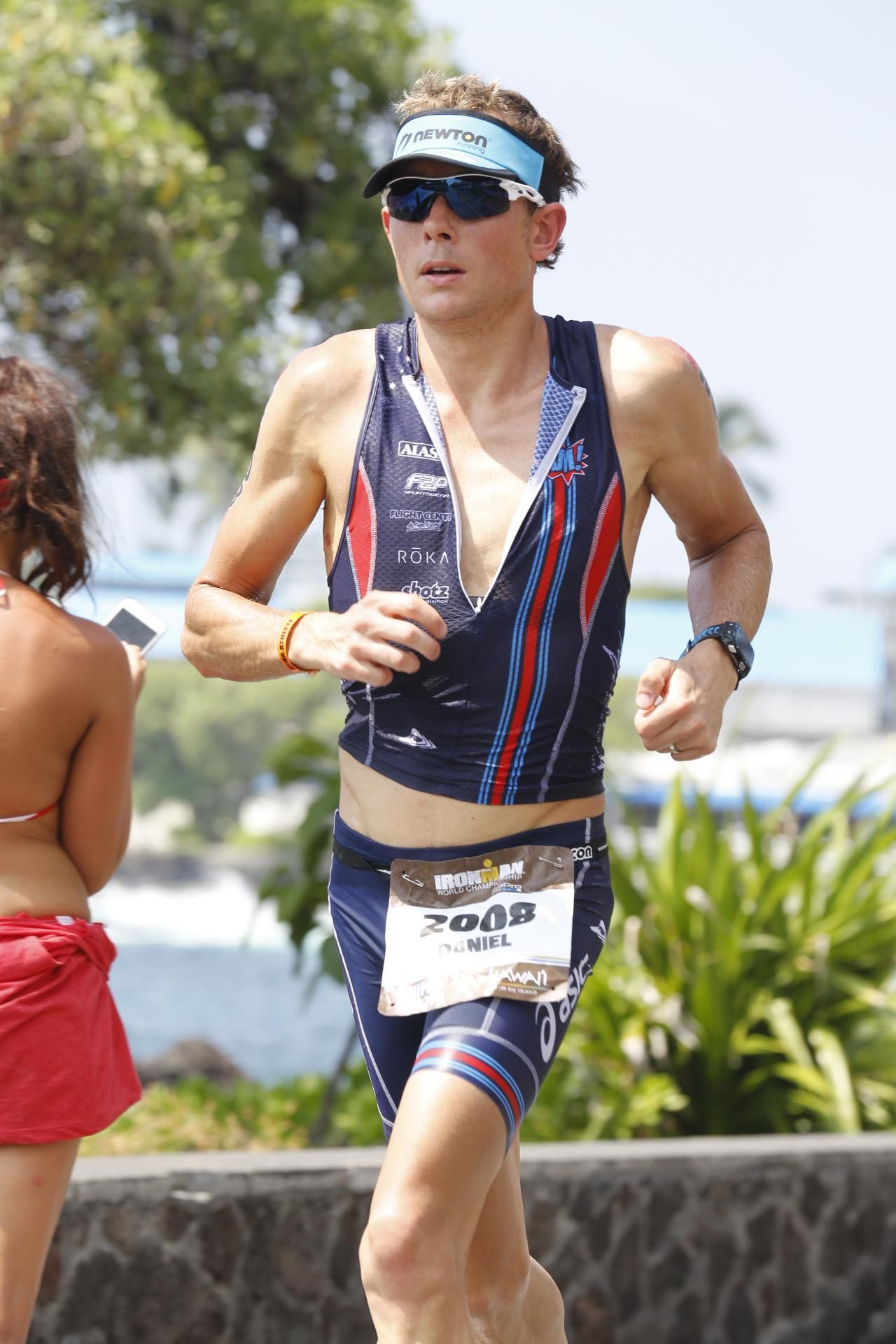
Muscle fatigue vs. energy availability issues
Lucky for Plews, his fatigue was thanks to muscle fatigue not ‘inexcusable metabolic failure’ as he and Larsen call it. “I was slowing because of sore legs, not lack of energy. Anyone who is running out of energy at the end of a marathon is because they can’t access fat stores for energy. They’re dependent on glycogen and carbs, but when that runs out, they can’t access anything else,” said Plews.
Thanks to his training, Plews is a fat adapted athlete, and he ensures his fat is accessible for energy when he races. “If you’re metabolically inflexible, as soon as you start exercising, you go straight into carbohydrate metabolism and you can’t access your fat stores.” Not only is metabolic inflexibility bad news for the endurance athletes at the NZ race, it’s also bad news for anyone hoping to lose weight! If you can’t access your fat stores, you can’t burn them.
Overall, Plews was thrilled with his result. He wasn’t overtrained or injured, and he’d trained consistency throughout the lead up, missing the marks he set for himself only twice in pre-race training. “Consistency is key. My work in the lab is all about keeping athletes consistent and healthy,” said Plews.
Advice for age groupers: Go nuts post-Ironman
An age-grouper through and through (despite his extensive knowledge, lab testing and coaching experience in triathlon) Plews says enjoying yourself after an Ironman is part of being an age grouper.
“In the build up for a race as an age grouper you have to live such a strict life in terms of what you eat, your training and your time. It’s nice not to think about it for a bit!” If you’re imagining Dan Plews overindulging until next year’s race, think again, he gets back on track pretty quickly. “It doesn’t take long until I want to get back into the training regime again,” said Plews. “After only a week I’m back to all my healthy eating.”
Trizone wishes Dan Plews a huge congratulations for his incredible result at such a challenging race. To learn more about Dan Plews and his insight into the best ways to refine your performance from the inside out, check out our summary of his article on metabolism.


